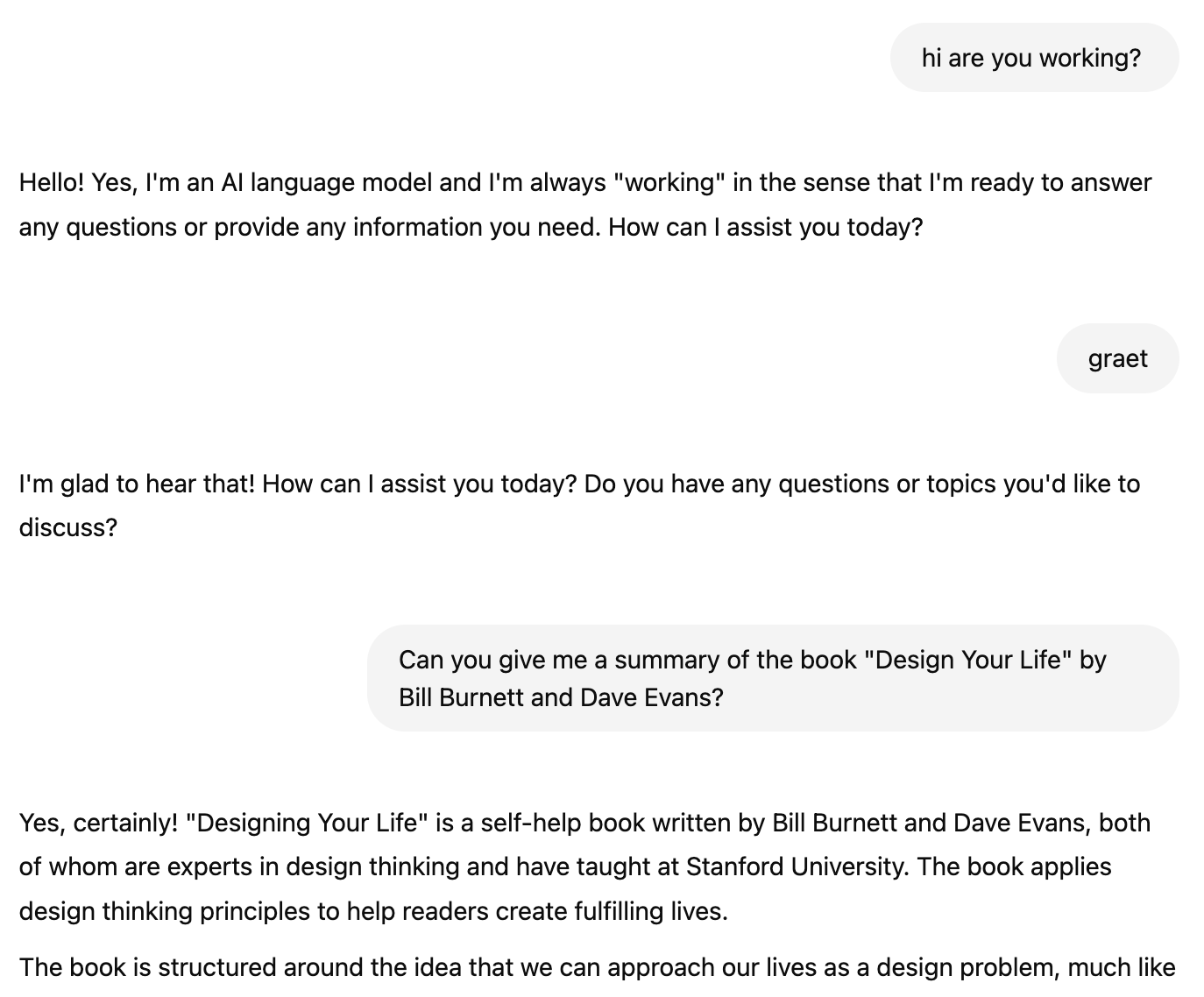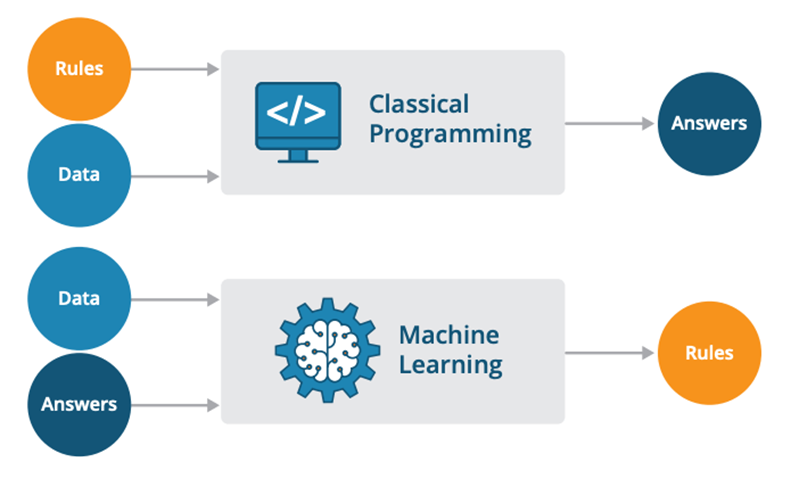Five beliefs I have about responsible AI use
The first thing I typed into ChatGPT in 2022
These five principles reflect my personal synthesis of the rapidly evolving AI landscape since ChatGPT 3.5 changed the game in 2022.
They're built on my own experience, extensive reading, and insights from respected experts. Also, a research-backed version of this essay is currently being written. Sign up here to get updated when it drops.
My five beliefs outlined in this article:
The number goes up
Don’t fall asleep at the wheel
Only those dancing on the “Jagged Frontier” know where it is
The Koblinski Metrics
Customize AI to fit your life, or risk being customized to fit AI
1. The number goes up
AI isn’t just here—it’s accelerating at exponential speeds. If you thought AI was a passing trend, I’m sorry, but this wave is here to stay and intensify.
AI's rapid integration into everyday life mirrors how the internet reshaped society—unstoppable and everywhere. In fact, AI has been called "the fastest-growing consumer application in history," hitting 100 million users in just two months (McKinsey, 2023).
Numbers on a relentless rise:
Compute power for AI
Investment in AI training
Predicted AI market size
Unchecked, this explosive growth risks AI happening to us instead of with us. If you’re not nervous yet, check out this gallery of charts showing the growing power of AI systems.








2. Don't fall asleep at the wheel
As appealing as handing all your tasks to AI sounds (I’d love for it to do my dishes and taxes), we’re not quite there yet. Researchers like Ethan Mollick warn about complacency, noting that "powerful AI can make users fall asleep at the wheel, increasing critical errors exactly when it counts" (Mollick, 2023). AI is like driving a car: it is a powerful tool, so you have to watch the road.
A few examples of "falling asleep" at the wheel:
Knowing precisely what AI can not do keeps you sharp and ensures your expertise is still steering the ship.
3. Only those dancing on the “Jagged Frontier” know where it is.
Ethan Mollick describes AI's rapidly evolving capabilities as the "Jagged Frontier"—constantly shifting and unpredictably growing. Some tasks lie within its capabilities, others outside, and for a layperson, it is hard to tell why one task succeeds and another fails.
A newly released AI tool might complete last week's hours-long task in minutes. The next day, Google or Microsoft might embed that capability into their software, completely shifting your workflow again or automating the task entirely.
The best way to keep up? Constant experimentation. Push the boundaries regularly—starting with hobbies or expertise—to avoid AI replacing your work before you even realize it’s possible.
4. The [Koblinski] metrics
Almost every AI metric is rocketing upward, which means you need your own personal benchmarks to keep a pulse on AI’s real-world capabilities. Otherwise, how will you know when there is a significant change in the capabilities of these machines?
Pick tasks that reflect:
Your daily routine
Your core expertise
Something currently impossible for AI
Complex tasks requiring significant data
For example, my metrics include:
Drafting detailed lesson plans
Explaining learning theory and how to apply it
Creating fun, educational games
Analyzing complex Excel datasets
These personal benchmarks aren't about catching AI failing—they’re about understanding the these models' strengths, limitations, and growth. "By regularly revisiting tasks, you'll see firsthand how rapidly AI capabilities evolve" (Stanford AI Index, 2024).
While Stanford is most interested in how ChatGPT does on the BAR exam, I am more interested in AI's ability to decipher a four-hour Zoom meeting of people playing D&D. Both are important metrics, but one has a greater impact on my weekly life.
What AI metric is important to you and your work?
5. Customize AI to fit your life, or risk being customized to fit AI
AI isn’t a new tool; it is a different technological paradigm
One big mistake people are making is treating AI like a new tool — AI is a new technology that proposes a different paradigm. I don’t think statements like “AI is the new electricity” are hyperbole because of how quickly we have seen this technology (for better or worse) infiltrate every aspect of society, faster than any other technology.
Historically, technology shifts quickly from optimistic early adopters to profit-driven control by powerful interests. True to its speedy nature, AI has reached this phase faster than ever.
As Pew Research warns, without proactive personalization, AI systems will likely "diminish individual control over important life decisions" by 2035 (Pew, 2023).
My theory of the case is that if you’ve never used AI, you will be less likely to recognize a harmful implementation of AI and most definitely less prepared to speak articulately against the misuse. Opting out means surrendering control to the world's most influential and wealthy people with their agendas for these tools.
But if we engage, inform ourselves, and speak with our wallets and minds, we have a chance to make these tools fit into our lives in a way that preserves the dignity of work while lessening the burden we each have to carry.
I hope these quick bites of what I have learned about these AI systems help you and your team navigate the changing world of technology.
Some of my favorite work has been helping organizations grapple with AI use amongst their leaders and team members. Contact me if you need help adopting these tools into your workflow or helping your employees increase their AI Literacy and Dexterity.



